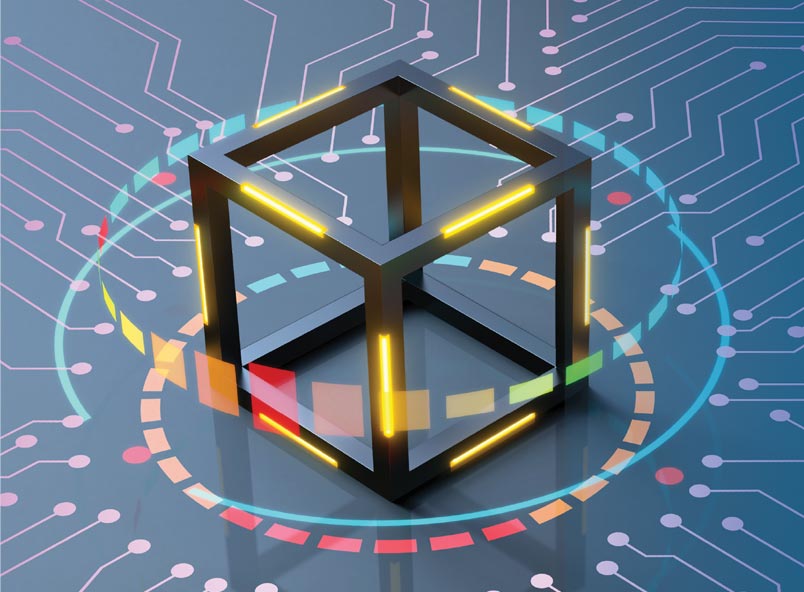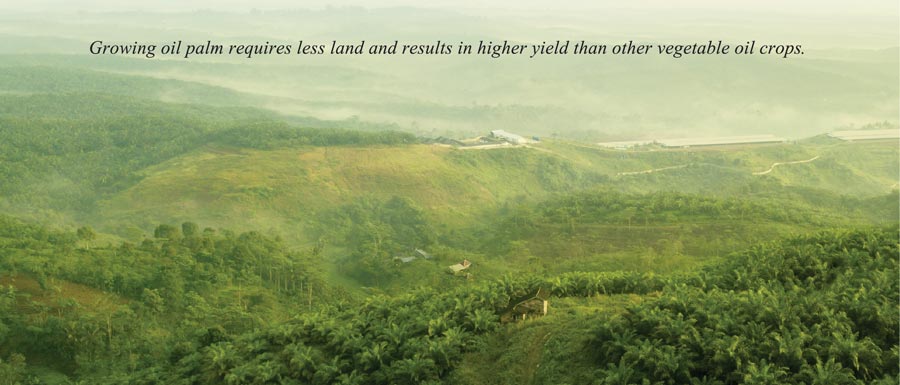



Critical next steps
March, 2019 in Issue 1 - 2019, Techonology
The future of the palm oil industry has become uncertain in Europe. Last year, the European Parliament came close to a ban on palm oil imports in the region. The vote in favour of the revised Renewable Energy Directive (RED II) proposed to remove biofuels made from palm oil from the list of biofuels that counts towards the EU’s renewables target for 2021. The ramifications would have been significant, not only for palm methyl ester imports, but also for future hydro-treated vegetable oil (which uses palm oil as feedstock).
I have attended several biofuels conferences where the RED II and its potential impact on the industry were discussed in depth. As an objective external observer, I’ve found that the discussions tended to be emotionally charged, and based on perceived environmental and human rights violations by the industry.
Today, the dissemination of inaccurate information or ‘fake news’ is a challenge faced by many industries. Distorted information is able to directly shape public perception and even impact the direction of policy development across regions. As such, building an ecosystem of trust between palm oil producers, regulators, companies, environmentalists and end consumers will be pivotal in ensuring that the industry continues to thrive, particularly in the European market.
Social media and digital marketing channels have proven to be powerful and efficient tools for disseminating information and shaping public opinions. Over 50% of the European population actively uses social media channels. By launching strong promotions and campaigns focused on countering inaccurate information with facts on these channels, Malaysian palm oil could create a direct line of communication with the end consumer.
In addition, the application of blockchain technology could have a transformative impact on the palm oil industry by creating an auditable and traceable end-to-end supply chain. Imagine a customer in a store looking to buy a bottle of shampoo that has a ‘deforestation-free’ label on it. With a simple mobile app, the customer is able to see where the palm oil used in the shampoo originates, including a video that shows the plantation where the fresh fruit bunches and oil palm tree were grown, and how exactly the palm oil ended up in the shampoo production. These palm kernels have been tracked across the globe with blockchain technology.
Blockchain is essentially a distributed digital ledger system. It was originally developed to record transactions for bitcoin, a well-known digital currency. Although digital currencies face scepticism in the global market, the underlying blockchain technology has grown in terms of credibility as more potential applications across various industries are developed.
Supply chain management has emerged as a legitimate use case for blockchain technology, tracking raw materials through production and allowing everyone in the supply chain to know where a shipment is located.
So, what makes blockchain unique? The digital ledger records transactions in a series of blocks, and exists as multiple copies spread over multiple computers. The ledger is secure because each new block of transaction is linked back to the previous block in a way that makes tampering practically impossible.
Each time new data is added, all copies of the ledger are updated and validated simultaneously, while previous data records cannot be altered. This decentralised structure means that no single person or group has full control over the data.

Blockchain technology is applicable in any business or industry, to record transactions of almost anything of value. Emerging applications for blockchain technology are geared to improve business operations in numerous ways, including supply chain transparency and credibility for all kinds of products.
Last year, for example, shipping conglomerate Maersk deployed a blockchain-based electronic shipping system to digitise supply chains and track international cargo in real time. The advantage of blockchain technology is the immutable records of data and the trust people can have in it.
Infallible validation system
In the palm oil industry, the use of blockchain technology combined with mobile apps and other related technology, such as QR Codes, RFID tags and Internet-connected sensors, could result in near-perfect sustainability records.
Malaysia is currently working to certify the sustainability of its palm oil through a mandatory programme for the entire production and supply chain by Jan 1, 2020. The Malaysian Sustainable Palm Oil standard is aimed at offsetting negative perceptions about the industry and `fake news’ that has been misleading consumers, particularly in Europe.
At its core, existing certification schemes still depend on some form of manual Chain of Custody systems. In other words, doubts about the validity of the certification schemes may be related to the dependency on human intervention and paper-based processes that may be subject to errors or malicious activities.
The application of blockchain technology in the Malaysian palm oil industry has the potential to alleviate any doubts, by creating greater transparency and auditability across the entire supply chain. Instead of having to trust the elements of a certification process where doubt may be cast due to paper-based or human error, blockchain technology offers an infallible validation system that secures trust.
This not only provides an unprecedented level of transparency, but also contributes to protecting the working conditions and legal employment of field workers, and gives plantations rich data on crop harvesting.
With the use of geolocation features, farmers, governments, certification authorities and producers can maintain digital inventories of the plantations, and implement sustainable land usage planning policy. Additionally, use of sensor technology could minimise spoilage by monitoring temperature and humidity during processing, storage and transport, and integrating this data on the blockchain.
The oil palm industry in Southeast Asia is a saving grace for many small farming families. In addition, growing oil palm requires less land and results in higher yield than other vegetable oil crops. In May 2018, a study by researchers at Imperial College London revealed some of the challenges faced by companies in guaranteeing products labelled as ‘deforestation-free’.

The lead author of the study, Joss Lyons-White of the Grantham Institute – Climate Change and the Environment and the Department of Life Sciences at Imperial said: ‘Deforestation-free palm oil is possible, but our study found it is very challenging for companies to guarantee at present.
‘For example, supply chains are so complex that tracing palm oil back to source is very difficult – lots of trade may occur between different parties before manufacturing, where the palm oil is used in many different products for different purposes. This makes it hard to know exactly where the original oil was from – and whether it was linked to deforestation or not. However, simply banning palm oil is unlikely to be the answer. Instead, we need to find ways to ensure commitments can be implemented more effectively.’
Establishing sustainable practices in the palm oil industry needs to strike a balance between several aspects – human rights, environmental impact and economic contributions. The application of blockchain technology could be a solution that would enable Malaysia to utilise the existing palm oil infrastructure and guarantee that sustainable practices are implemented and continuously tracked.
Kamales Lardi
Digital Transformation Strategist
Lardi & Partner Consulting GmbH
Switzerland